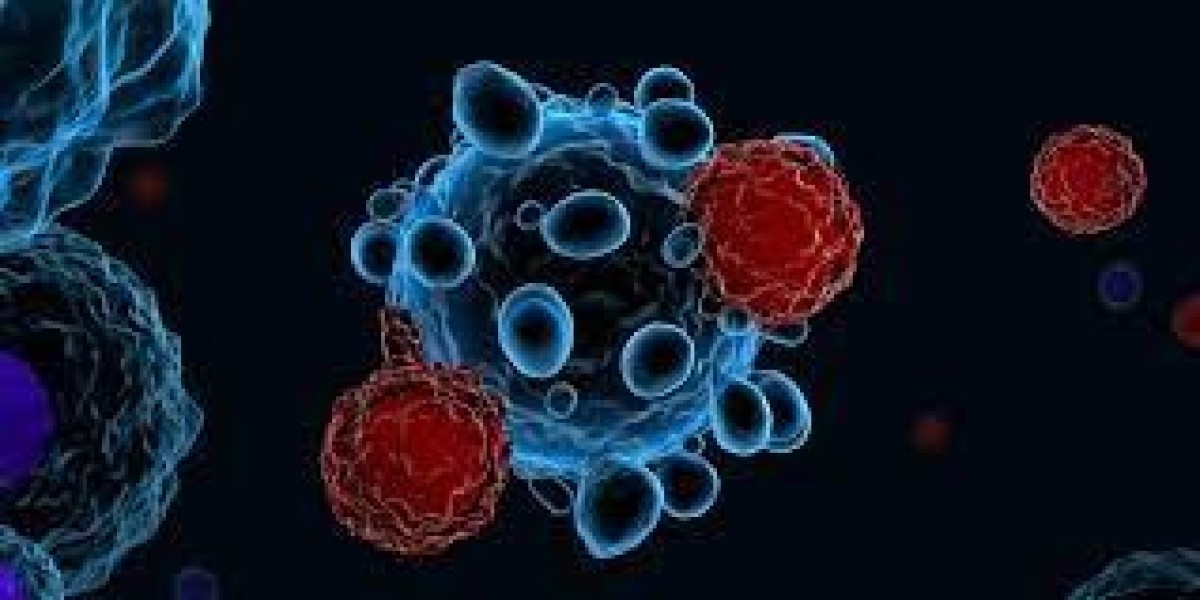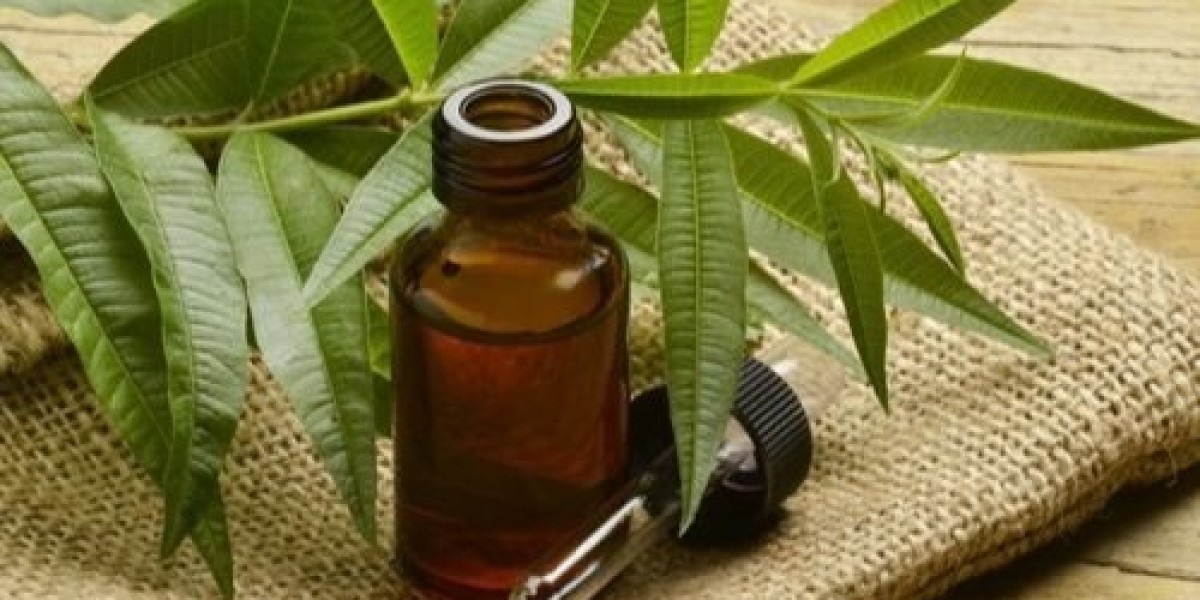Fungal acne include small:
Symptoms of fungal acne include small, itchy pustules that may be red or skin-colored. These pustules can often cluster together and are commonly found on the chest, back, and face. Unlike bacterial acne, fungal acne is not usually associated with whiteheads or blackheads. It is vital to differentiate between the two types of acne since their treatments differ significantly.
Causes of fungal acne:
Causes of fungal acne are linked to factors that encourage Malassezia growth. These include excessive sweating, humid environments, the prolonged use of occlusive skincare products, and the use of antibiotics or immunosuppressive medications that disrupt the skin's natural balance. Individuals with compromised immune systems or those who have previously experienced fungal infections are also more susceptible.
Treating fungal:
Treating fungal acne involves targeting the overgrowth of Malassezia. The following steps are typically recommended:
Antifungal Agents:
Topical antifungal creams or washes containing ingredients such as ketoconazole, ciclopirox, or selenium sulfide can effectively reduce the fungal population.
Adjust Skincare Routine:
Avoid using heavy, occlusive products that can trap moisture and exacerbate fungal growth. Opt for oil-free, non-comedogenic products instead.
Hygiene:
Keep the affected area clean and dry. Showering after activities that cause sweating can help prevent fungal acne flare-ups.
Diet and Lifestyle:
Certain dietary changes, such as reducing sugar intake, may help inhibit fungal growth. Maintaining a healthy lifestyle and managing stress can also contribute to overall skin health.
Prescription Medications:
In severe cases, a dermatologist may prescribe oral antifungal medications to combat the infection from within.
It's important to note that self-diagnosis can lead to misidentification of the condition. If you suspect you have fungal acne, consulting a dermatologist is recommended to receive an accurate diagnosis and appropriate treatment plan. With proper care, fungal acne can be effectively managed, and the skin's natural balance can be restored.








